
The prestigious CWTS Leiden Ranking, which compares the research excellence of universities and their faculties worldwide on the basis of publication and citation figures, gives top marks to the JMU.
more
The prestigious CWTS Leiden Ranking, which compares the research excellence of universities and their faculties worldwide on the basis of publication and citation figures, gives top marks to the JMU.
more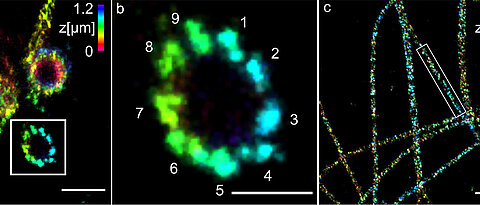
The smallest cell structures can now be imaged even better: The combination of two microscopy methods makes fluorescence imaging with molecular resolution possible for the first time.
more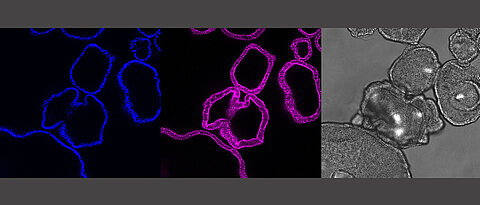
Researchers at Würzburg University are using mini-organs to model the digestive tract in the laboratory. These so-called organoids provide insights into the inflammatory processes that play a role in diseases such Crohn’s and ulcerative colitis.
more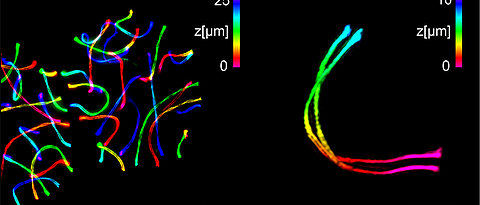
New details are known about an important cell structure: For the first time, two Würzburg research groups have been able to map the synaptonemal complex three-dimensionally with a resolution of 20 to 30 nanometres.
more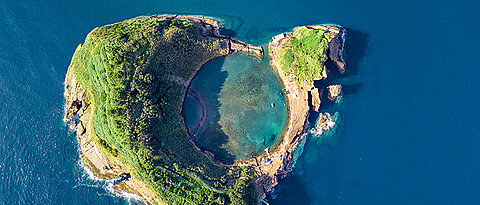
Explosive volcanic eruptions are possible deep down in the sea – although the water masses exert enormous pressure there. An international team reports in the journal "Nature Geoscience" how this can happen.
more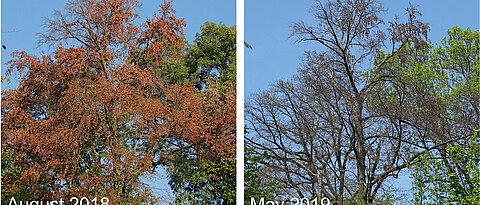
No year has been as hot and dry as 2018 since climate records began. Central European forests showed severe signs of drought stress. Mortality of trees triggered in 2018 will continue for several years.
more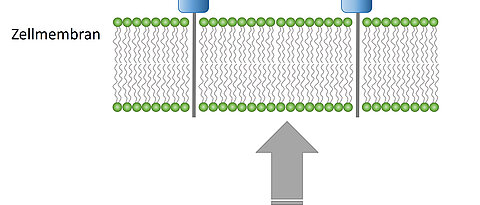
Using a newly developed method, Würzburg researchers were able to identify thousands of cryptic peptides on the surface of cells for the first time. These findings could provide a new starting point for cancer immunotherapy.
more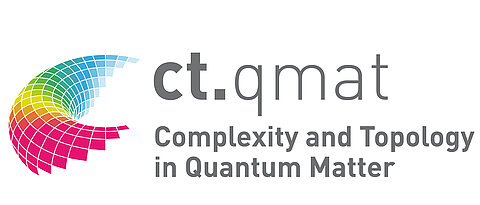
The Quantum Alliance, in which the Cluster of Excellence ct.qmat (Würzburg-Dresden) is represented, welcomes the German government’s initiative to promote quantum technologies. It includes two billion euros for quantum technologies.
more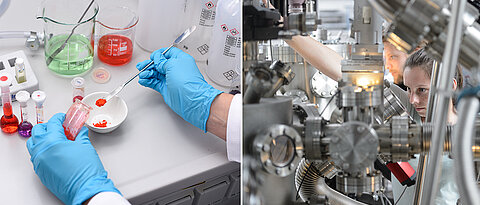
The Nature Index 2020 is an indicator of the University of Würzburg's strong research performance in natural sciences and life sciences, ranking 104th in the world and 5th in Germany in the recently published ranking.
more
Some galaxies may have two black holes at their centers. This is shown by the analysis of the gamma rays emitted by them. Würzburg astrophysicist Sara Buson was involved in the study.
more
A standard drug for the treatment of depression might also be effective against Covid-19, a new study by Würzburg scientists shows which has been published on a preprint server.
more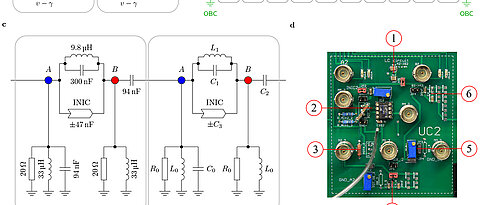
Physicists in Würzburg have experimentally demonstrated a novel effect for the first time by exploiting topological metamaterials. They published their results in the journal Nature Physics.
more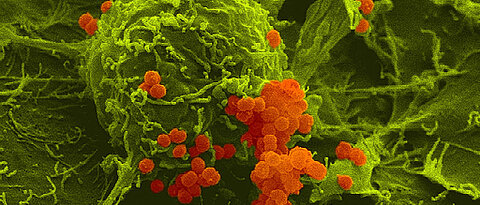
In meningococci, the RNA-binding protein ProQ plays a major role. Together with RNA molecules, it regulates processes that are important for pathogenic properties of the bacteria.
more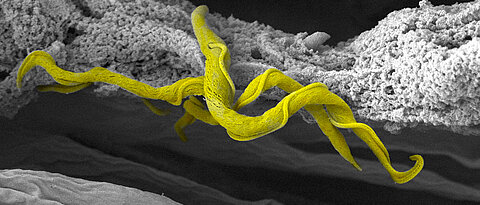
Using a new approach, scientists are applying the techniques of physics to investigate the relationships between parasites and their hosts. The programme is led by the Würzburg cell biologist Markus Engstler.
more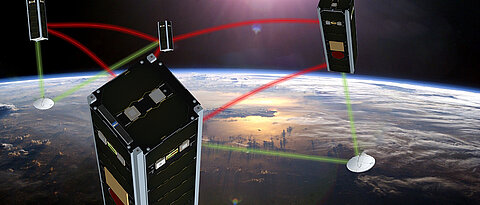
Four nano-satellites from Würzburg are facing launch. They will fly demonstrate formation control in a three-dimensional configuration first time worldwide.
more